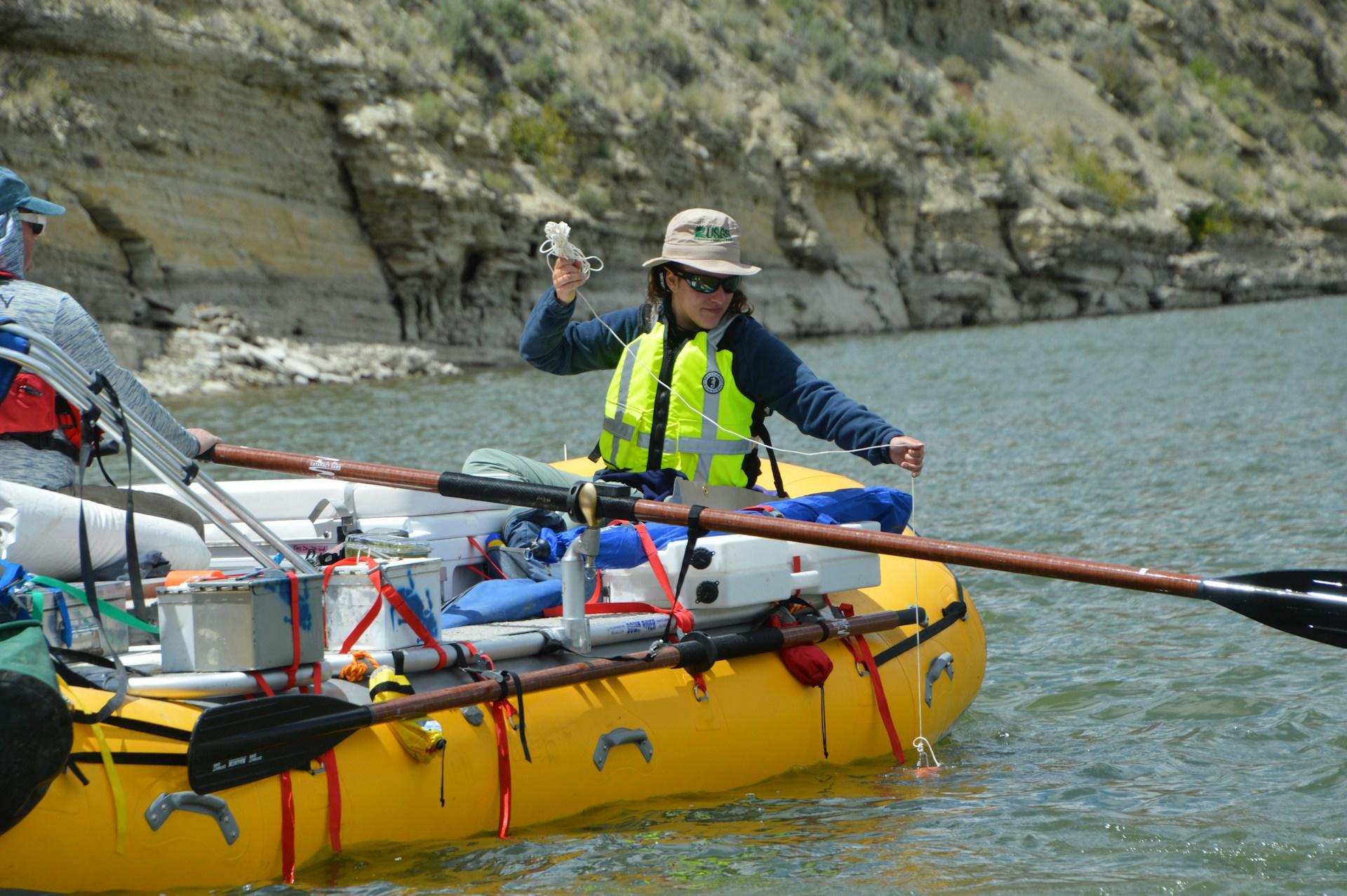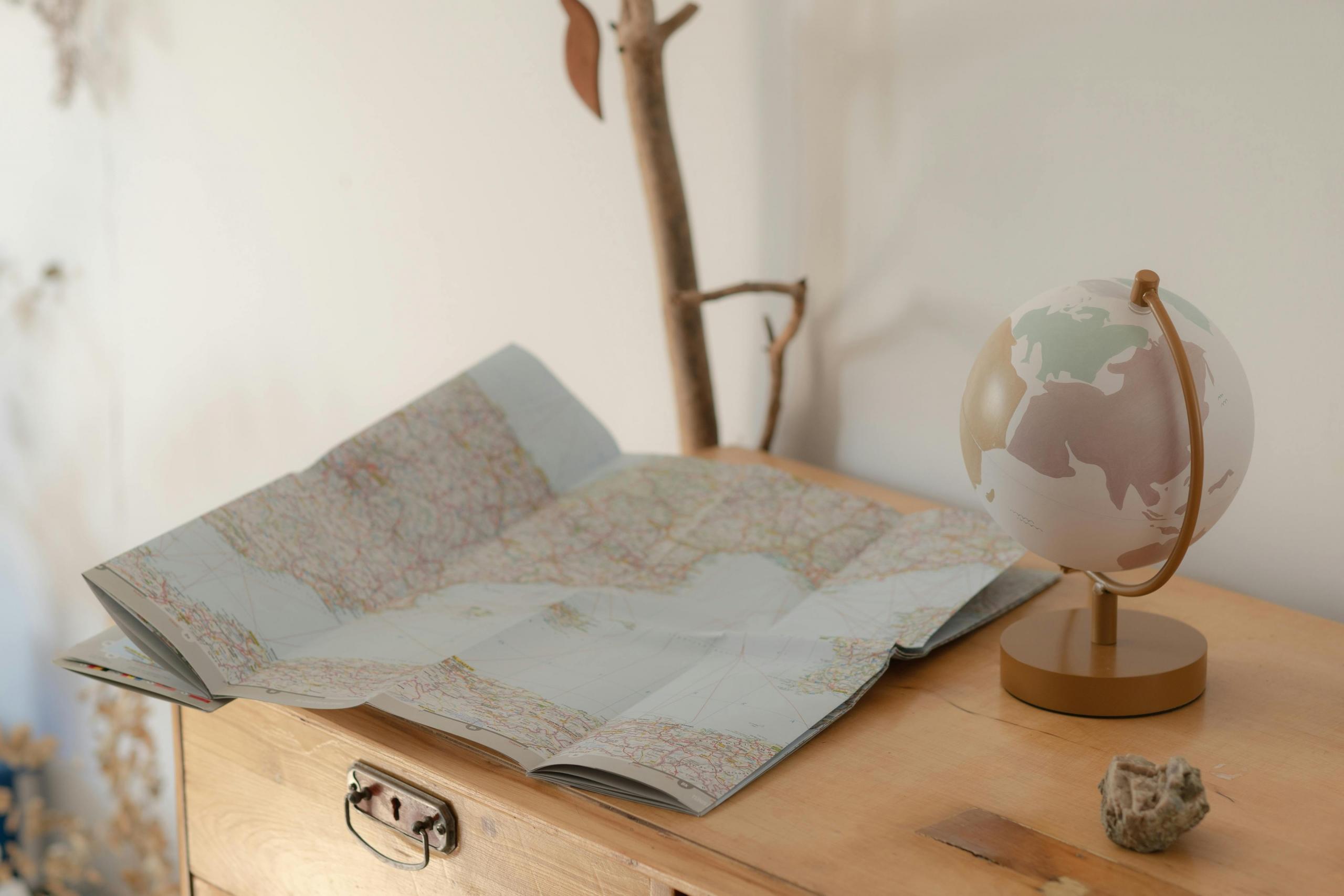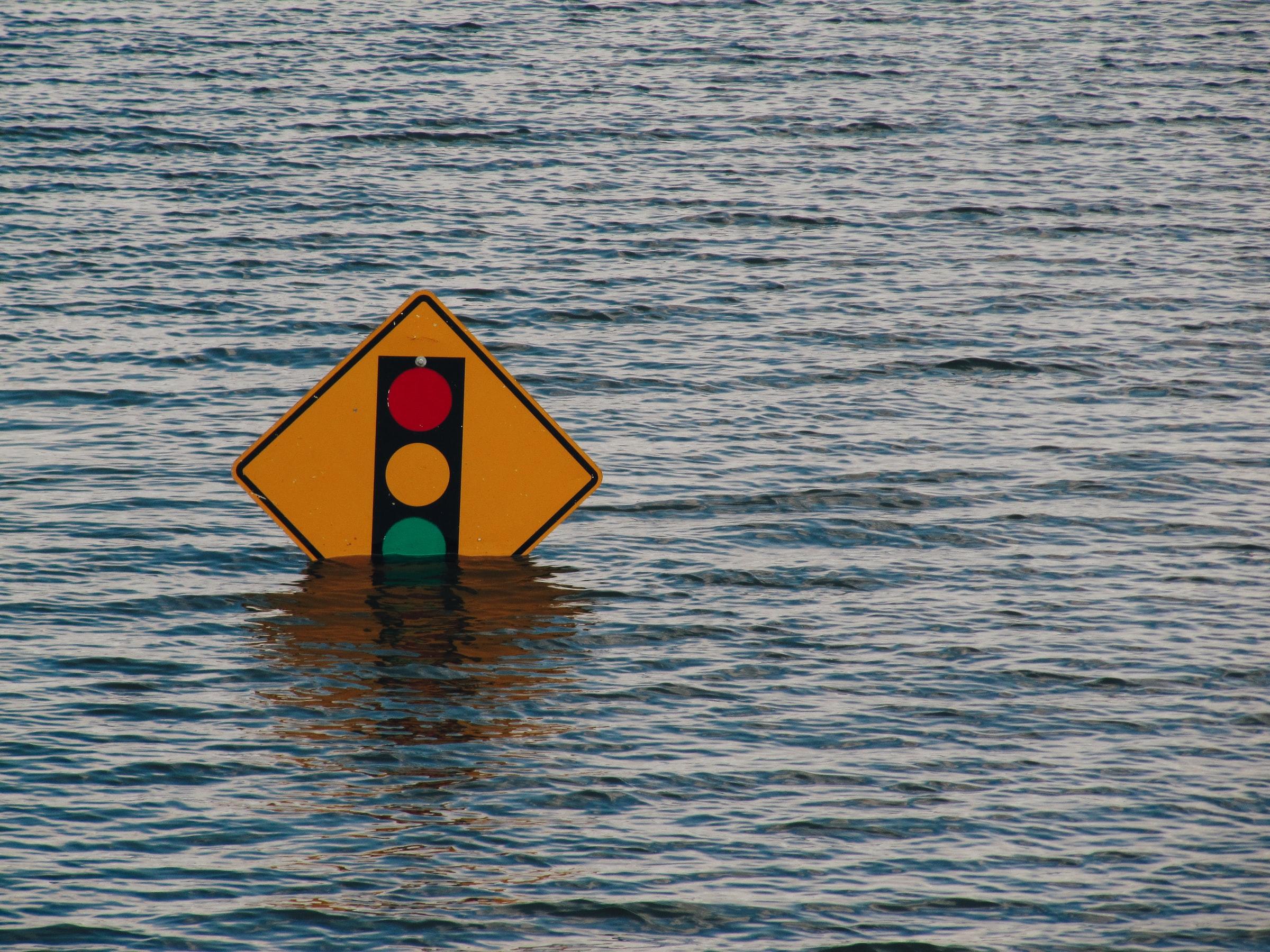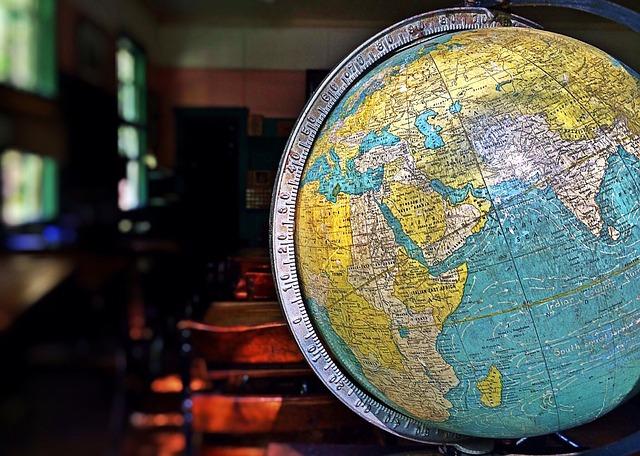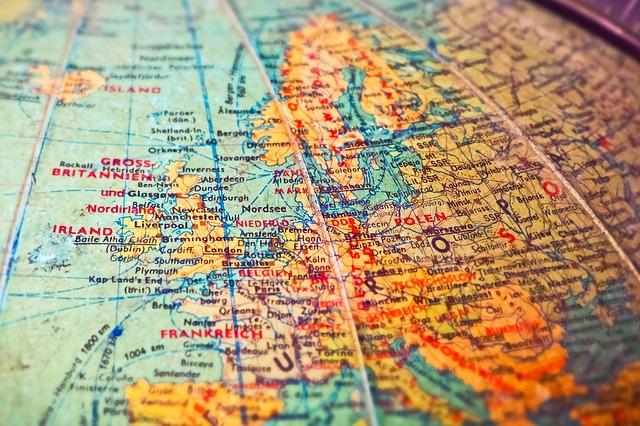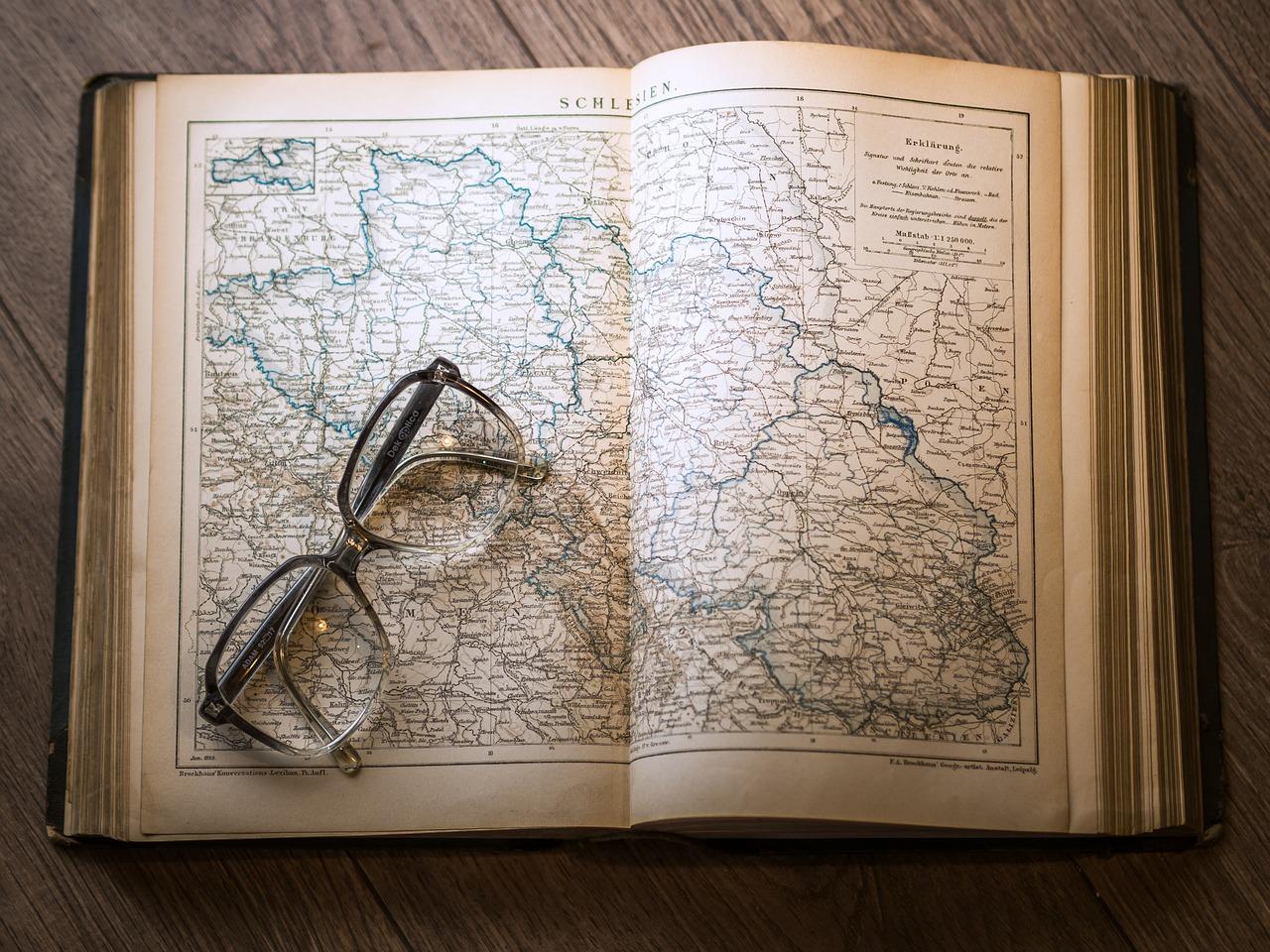Everything has to do with geography.
Judy Martz
Ms Martz is more qualified than most to make that statement. As a former Olympian speed skater, she had keen spatial awareness, a cognitive skill geography studies help to build. As a politician, she was in tune with geopolitical events.
As a prospective Geography student, you too must know that everything revolves around geography. Food security and resource procurement, border disputes and climate change are all geographical in nature. As so many of today's issues revolve around those four points, the demand for workers with a geography background continues to grow.
To help you prepare for study and work in these vital fields, Superprof outlines:
- the A-Levels you need to qualify for undergraduate Geography studies.
- What you need to know about writing personal statements for Geography course applications.
- What you'll learn in your university Geography courses.
- The best universities for Geography studies in the UK.
- The careers a Geography degree prepares you for.

Choosing A-Levels for Geography

Around the world, students live under pressure from around age 14, on up. Around that time, they must begin making decisions that will shape the rest of their lives. That's hardly an age to decide one's career, let alone speculate on potential lifetime earnings.
In the United Kingdom (UK), secondary school students select a range of General Certificate of Secondary Education (GCSE) subjects to study and test on. In theory, those early choices should lay the foundation for future achievement. Everything hinges on their GCSE exams, including university access.
The trouble is, few people that age know what they want to do for the rest of their lives. As proof of that, we submit Student Room and Google searches. They're full of questions about the best, the easiest, and the most worthwhile degrees to strive for. Many stumble into Geography because it's facilitating subject.
A study subject that leads to many career paths.
Geography is the perfect subject for students who aren't sure what direction they want their lives to take. Now, you only need to know which A-Levels will shine the best light on your university Geography application.
Most university undergraduate Geography programmes do not list any required A-Level courses. However, many state that they do not accept General Studies A-Levels. Now that you know the sole exception, you can aim for suitable A-Level courses targeted at university Geography studies.
For a Geography BSc degree
- Biology
- Chemistry
- Economics
- Maths
For a Geography BA degree
- English
- History
- Language Studies
- Art
As you've noted, you may choose a Geography degree that angles towards scientific careers, or one that's more general. Further on, we'll explain the types of jobs you might work, depending on your degree.

Personal Statements to Study Geography at University
Writing a personal statement must be the bane of every student's existence. How can one describe their passion for an academic subject, and the experience they have with it, in 600 words or fewer?
The best personal statements include all of these aspects:
- an introduction
- the reasons why you want to study that subject
- any experience with that subject
- why study at that university
- a conclusion summarising those points
- at most, one side of A4 page long
The UK's University and Colleges Admissions System (UCAS) allows students to choose up to five degree plans. Furthermore, university applicants may choose more than one degree plan at the same university. They must then write a unique personal statement suitable for all the programmes they apply for.
To avoid all the pitfalls that might see your application rejected, begin by reviewing each course's description page. Look for specific curriculum aspects that you have experience with. For instance, if you volunteered on a beach clean-up initiative, hone in on any curriculum topic dealing with pollution or ecology.
You might then write something along these lines: "I participated in the 2024 (name of beach) cleanup initiative. As it got underway, I ...". And then, connect that experience to the study programme(s) you're applying for: "I'm particularly interested in (a particular curriculum course) because ...".
Remember that writing a personal statement is like writing an academic paper, in a sense. You must convince your papers' reviewers of your sincerity and desire to learn more about that subject. You must demonstrate your interest and commitment to your subject, even if you're not that interested or committed to it yet. And, most importantly: remember all the rules of academic writing.

Subjects Included in a Geography Degree
As you have your choice between a scientific study track and a general pathway, you might picture a long list of subjects on your course syllabus. Your imagination is on target, just remember that most of those courses are optional.
Geography is a far-reaching subject, with many speciality fields. Should a Faculty develop a specific syllabus for each degree plan they offer, their Geography programme would be unmanageable.
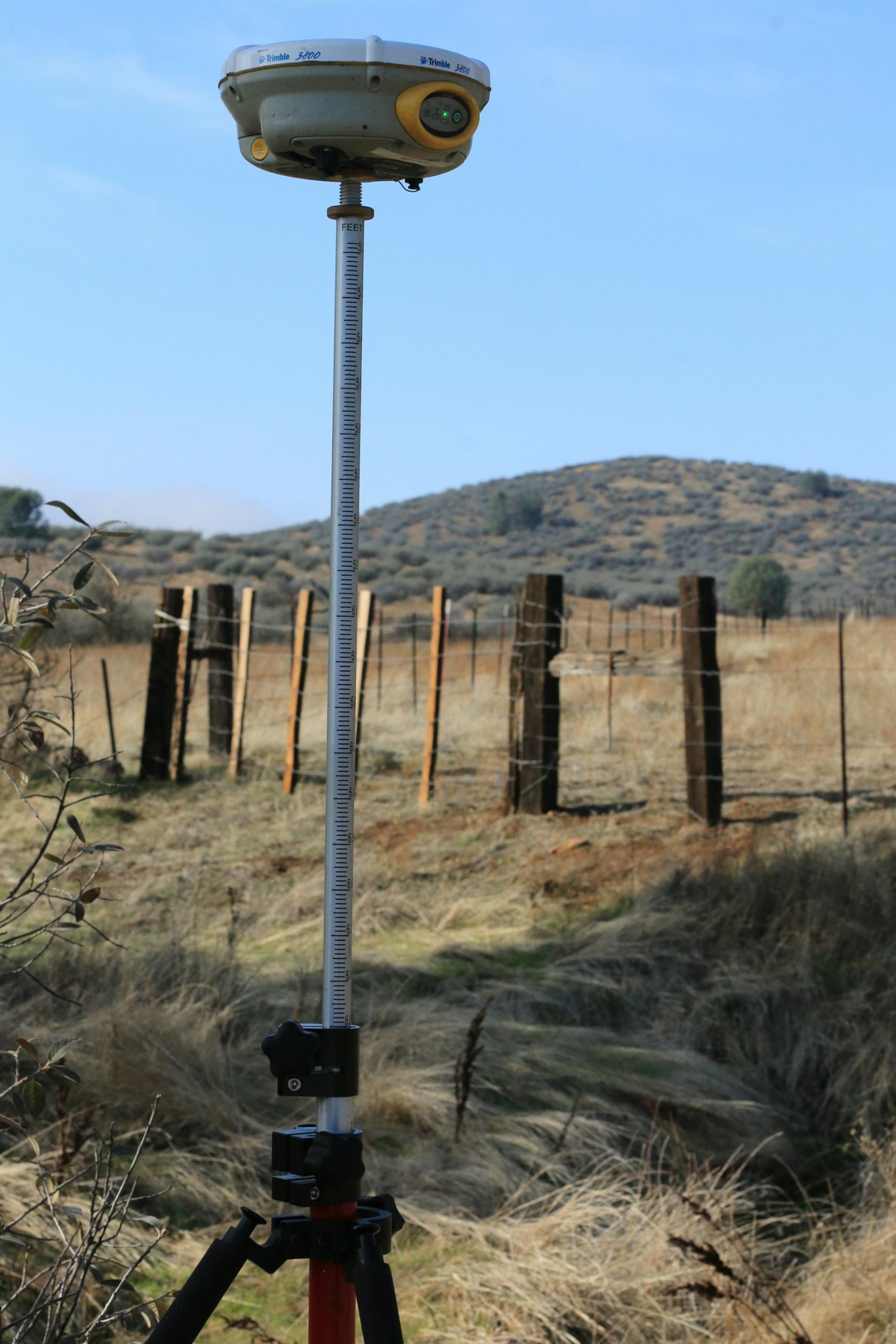
So, administrators limit each undergraduate study path to a few core components. Those include:
- key geography concepts
- dynamic Earth
- environmental processes
- human geographies
- geographer needed skills
- a dissertation
- a research component
The difference between a Geography degree with a science component and one without lies in the optional selections. Those are courses students will choose throughout their three years of undergraduate study, to round out their education. The courses' titles hint at which degree plans they're meant for:
Geography BSc
- Environmental Pollution
- Hydrology
- Economic Geography
Geography BA
- Nature and Society
- Globalisation
- Urban Geography
Naturally, these are just a sampling of optional topics Geography students may choose from. You must refer to your chosen university's website to see the courses your school's Geography curriculum offers.

Top Universities for Geography Studies
Some of the world's finest universities operate on British soil. Cambridge and Oxford - the fabled Oxbridge, are world-renowned. These two universities stay at the top of global ranking lists for the outstanding education they deliver.
Wouldn't you know it? They're also tops for Geography education in the UK. However, that seems strange, as they each offer only one undergraduate Geography course. Furthermore, entry to it is most competitive. Students must present top A-Level marks (A*AA), and GCSEs that prove their interest in this subject.
For a prestigious entry on your Curriculum Vitae (CV), Cambridge or Oxford are the schools to aim for. However, the University of St Andrews sits almost as high in the University League Table rankings. And, it offers 75 different Geography degrees.
As a student unsure of my future plans, I would choose this school over any with a narrow choice of offerings. That way, I might discover the geography-related field that suits my goals the best. This table shows UK's top schools for Geography studies, and how many degree plans you have to choose from:
| 🏫School name | 👨🎓Number of Programs | 🔢UCAS points needed | 🔠Grades needed |
|---|---|---|---|
| University of Cambridge | 1 | 152 | A*AA |
| University of Oxford | 1 | 112-165 | A*AA |
| University of St Andrews | 75 | 126-144 | AAA |
| Durham University | 6 | 136-160 | AAB |
| London School of Economics and Political Science | 5 | 144 | AAA |
| University College London (UCL) | 10 | 136-160 | AAB |
| Loughborough University | 11 | 104-136 | AAB |
| University of Bristol | 15 | 104-147 | BBC - ABB |
| The University of Edinburgh | 7 | 108-128 | BBB - ABB |
| University of Leeds | 12 | 128 | ABB |
| Univeristy of Exeter | 33 | 128 - 147 | ABB |
| University of Birmingham | 20 | 136 - 144 | AAB - AAA |
Jobs Related to Geography
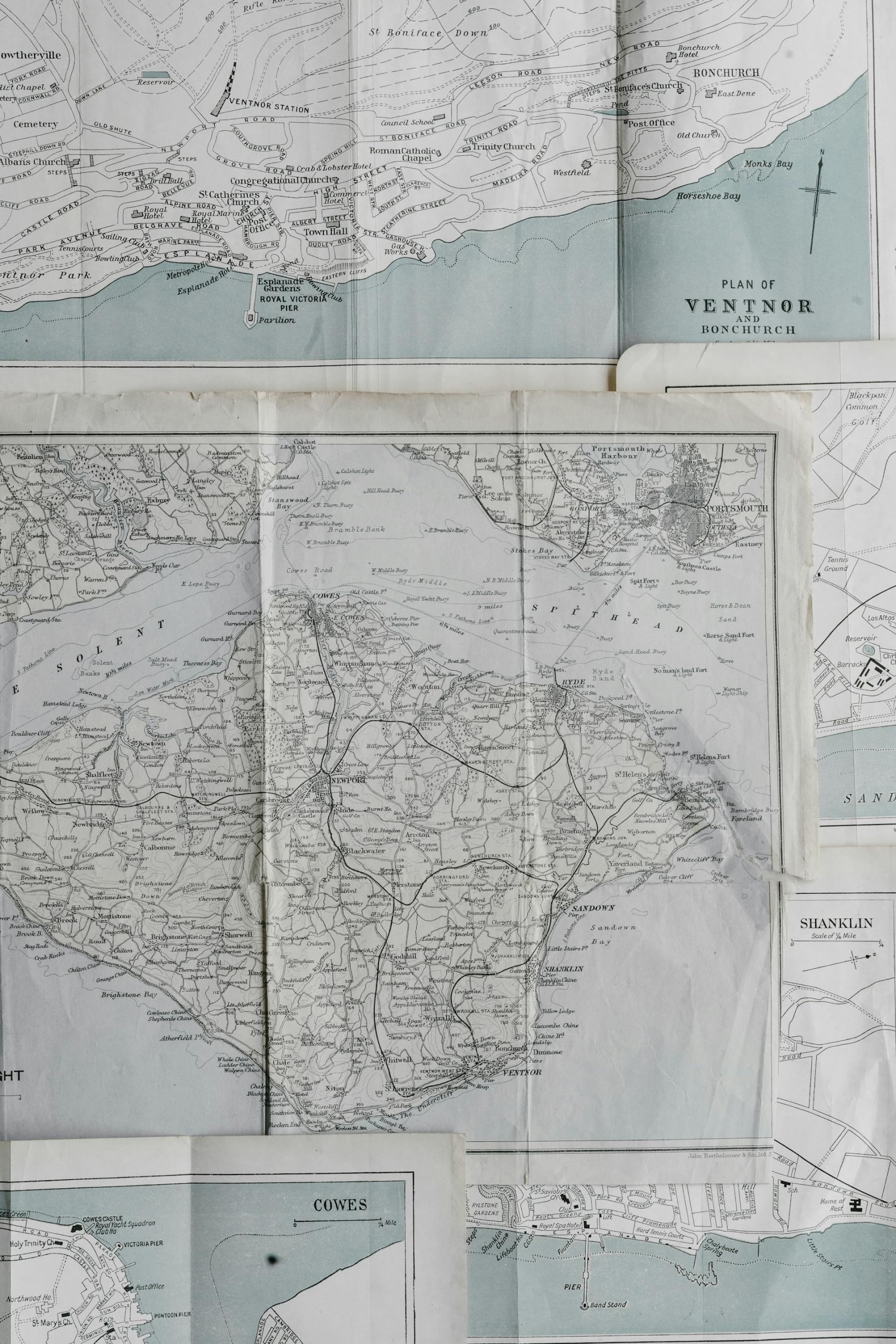
After all this, you might wonder what jobs you can get if you study Geography at university. Recall that geography is a facilitating subject, meaning that it's easy to fit your geography education into many fields.
Historically, so-called 'geographers' were map-makers. Today, we call those professionals cartographers. Cartography is a sub-field of geography that you can master in a Geography BA degree course. It helps to have a bit of artistic vision to draw maps.
However, these days, cartographers rely on technology to create visual representations of Earth's features. A Geographic Information System (GIS) is a multipurpose computer programme. It organises, analyses, and helps present geographical data.
A GIS operator or specialist is another career Geography graduates find satisfying. It doesn't involve much fieldwork, if any. If you have no inclination to spend your workdays in the great outdoors, you have many options, as these Geography graduates prove:
If you do want to get your boots on the ground, so to speak, you have many career options, too. Any type of soil scientist, hydrologist, or ecologist position could see you spend days in remote locations - or, in places close-by.
Should you pair your Geography studies with history classes, palaeontology is a pathway to consider. You might spend months at a time in foreign lands, working with international teams on their digs. You'll find and catalogue fossils, and write papers about your work. Or, if you've no interest in going abroad for work, you may curate fossil collections in a UK museum.
What about Geography's human aspects? You might study and analyse human migration patterns, and help determine their causes. Studying population centres is also a thriving area of geographical work. The call to make urban environments sustainable grows more urgent; we need many talented geographers in this field.
Geopolitical analysis is another growing field. With tensions escalating as they are, we need the sharpest minds to interpret events. Such analysts consider ongoing activity through historical lenses to chart courses of action global leaders might take in response.
For being a 'mere' facilitating subject, Geography opens doors to some of today's most exciting, cutting-edge professions. Which job(s) your Geography studies might lead you to are limited only by what you can see yourself doing.
Summarise with AI:

